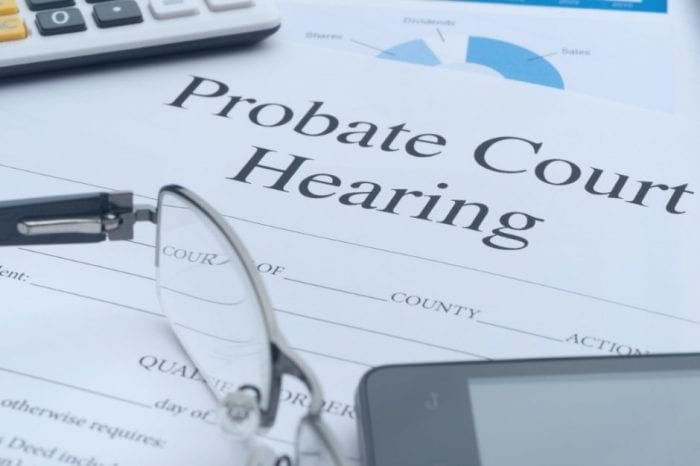By Linda Toga, Esq.

THE FACTS: My brother John died unexpectedly. John never married and has no children. He had a Will in which he named me as executrix and left everything to me and my sister, Julie. The only assets John had was a bank account with a balance of $22,500.
THE QUESTION: What do I need to do to close that account so the money can be divided between me and Julie?
THE ANSWER: In most cases when someone dies with assets and a will, the person named in the will as executrix must file a petition with the surrogate court in the county where the decedent lived seeking letters testamentary. Once letters testamentary are obtained and the executrix has obtained a taxpayer identification number from the IRS, the executrix can go to the bank to close the account.
It is noteworthy the bank will not write checks to beneficiaries of the estate but, will only write a check for the balance in the account payable to the estate. That check must be deposited in an estate account from which the distributions to the beneficiaries can be made.
In your case, since the value of John’s assets is less than $30,000, you need not obtain letters testamentary. Instead you can file an affidavit with the surrogate‘s court as part of a small estate administration. The filing fee is $1 and the form is less involved than the one used to file for letters testamentary. You will have to provide the name and address of the bank, the account number and the account balance and information on who is entitled to the funds.
Once the affidavit is accepted, the court will send you a certificate that gives you the authority to close your brother’s bank account. You will receive a separate certificate that gives you the authority to open an estate account into which you need to deposit the check issued by the bank.
To insure that the affidavit is prepared and filed correctly, I recommend that you retain an attorney with surrogate’s court experience to represent you. That way you can be sure the process will go as smoothly possible.
Linda M. Toga, Esq provides legal services in the areas of estate planning and administration, real estate, small business services and litigation. She is available for email and phone consultations. Call 631-444-5605 or email Ms. Toga at [email protected].






